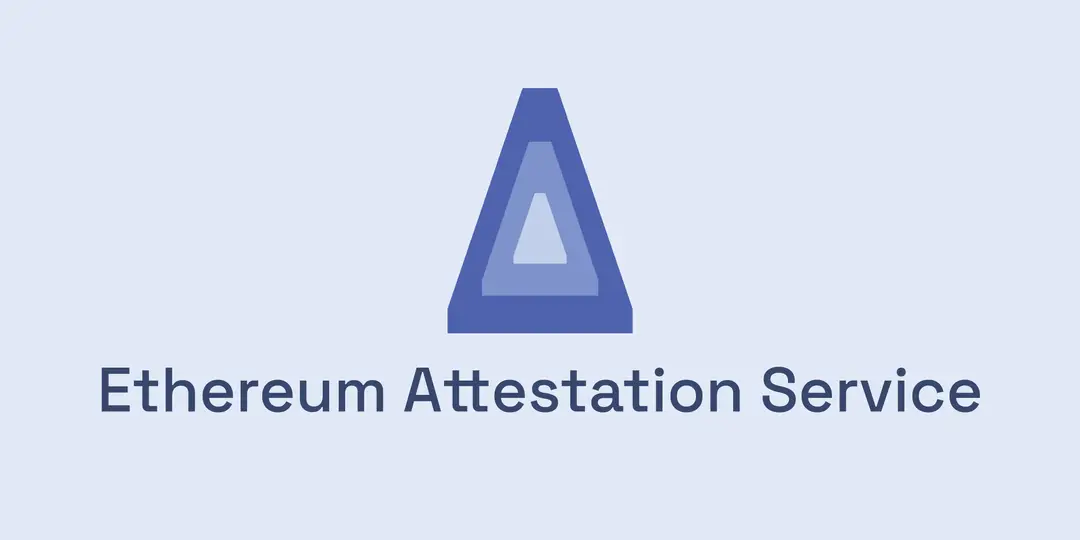Welcome to the world of Web3, where cryptocurrencies, blockchain, and a unique culture converge. Entering the world of Web3 can be both thrilling and overwhelming, especially when faced with the seemingly cryptic language used by enthusiasts. Don't worry if you feel they sound like some secret codes, we are here to unravel their meaning. In this article, we are going to introduce [(EAS) Ethereum Attestation Service].
What is the Ethereum Attestation Service?
The Ethereum Attestation Service (EAS) is an open-source framework on the Ethereum blockchain designed to facilitate the creation, management, and verification of digital attestations. Attestations are digitally signed claims made by one party about another party or about some data, which can be verified by others on the blockchain. EAS provides a standardized way for these attestations to be made and verified across various applications and platforms, promoting a more trustworthy and transparent digital ecosystem.
1.Creation of Attestations: EAS allows any entity to issue attestations in the form of digital claims. These claims are recorded on the Ethereum blockchain, ensuring they are immutable and tamper-proof.
2.Verification of Attestations: Anyone can verify the authenticity and accuracy of these claims through the EAS, which supports both on-chain and off-chain verification methods. This helps in maintaining trust and integrity within the system.
3.Management of Attestations: The service provides tools for managing these attestations, allowing issuers to update, revoke, or renew claims as needed.
EAS can be used to verify the identity of individuals and organizations in a secure and decentralized manner. By allowing entities to attest to personal data without exposing sensitive information, it supports privacy-preserving identity verification processes. In educational and professional settings, EAS can verify credentials such as degrees, certificates, and work experience. This system reduces fraud and enhances the reliability of claimed qualifications.
For data shared across different platforms, EAS can ensure the integrity and authenticity of this data. It provides a way to verify that the data has not been altered from its original form, which is crucial for legal, financial, and scientific fields.
●Transparency and Trust: By enabling verifiable attestations, EAS increases transparency and trust across various sectors.
●Interoperability: As a part of the Ethereum ecosystem, EAS works seamlessly with various decentralized applications (DApps), enhancing its utility across multiple platforms. ●Security: Leveraging the security features of the Ethereum blockchain, EAS ensures that all attestations are secure and resistant to tampering.
●Scalability: As with many blockchain solutions, scalability can be a concern, especially with the growth of the Ethereum network. ●Adoption: For EAS to be fully effective, widespread adoption across different sectors and integration into various systems are required.
In conclusion, the Ethereum Attestation Service is a pivotal development in blockchain technology, offering robust solutions for digital attestations that enhance verification, transparency, and trust in the digital world. As this technology evolves, it has the potential to revolutionize how we manage and verify digital claims, profoundly impacting identity verification, credentialing, and data integrity in the decentralized landscape of Web3.
